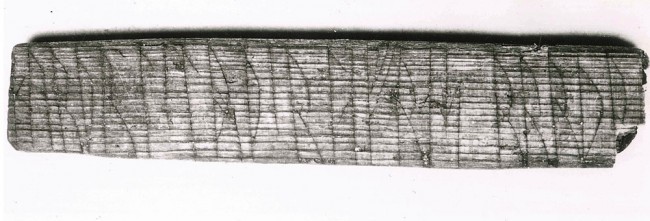You Suck at Romance, and Here's Why
In honor of Valentine's day, I present to you a couple of quick links to stories that have somehow penetrated my gruff, jaded exterior to find the tender-hearted boy within and wake him up with a mighty slap across the face. (Which of course reminds the little weenie why he built the scabrous shell in the first place, but I guess it's nice to know that he's still breathing in there.) Here are two stories touching enough to get even to me:
When I think of a template for the world's most romantically devoted men--Romeo, Orpheus, McLovin--about the very last person to come to mind would be Carl Sagan. Yes, I am talking about the popular astronomer, the man who drawled Cosmos on tv when I was an impressionable kid, the professional skeptic and rationalist who, on his deathbed, refused to accept any faith at all. That guy. I could imagine an academic sort of passion from a person like that, a bookish devotion to knowledge, but to another human being? It seems so unlikely, and yet there it is.
Sagan worked on the famous Voyager message, the gold record that was sent along with the craft. During that time, he was close, as friends, to his collaborator on the project, Ann Druyan. While exchanging phone messages about one of the musical entries, they discovered something more compelling than their work and stronger than their friendship. With the clichéd suddenness of Cupid's archery, they both realized they were deeply, impulsively, and irrevocably in love. [It worked out so sweetly for Carl and Ann, but what his wife at the time came to think of all this is not part of the story.] There is certainly a rare power in discovering chemistry with someone, but that is not even the part of the story that makes my inner romantic get misty-eyed. What Sagan and Druyan proceeded to do was to put an audio translation of her brain patterns onto the record, and the human biological noises that were added were also hers. The idea of pitching a doomed probe eternally into the void is sad and sweet and hopeless enough all by itself. In the infinitesimal chance it's discovered by alien civilizations, if they manage to decode it (if they even even get so far as to put together that we odd beings perceived the universe with gestalt images of narrow-band scattered light and linear mechanical vibrations), then it will happen millions of years after our species has guttered out and gulped its last. And if these hypothetical intelligences do get the LP turning properly, then what they will hear is the heartbeat of a woman who is newly and crazily in love.
[I first heard this on an NPR story a year or two ago, and it made me cry while driving into work.]
We humans lack the span of billions and billions, but hidden messages seep forward even from our meager past. Some 900 years ago, people in Norse cultures (when they weren't sailing away to massacre my ancestors) would write messages to each other, and remnants of carved notes on wood or bone are found occasionally in archaeological digs. Although Norse writing is known and can be translated today, these small totems can be hard to decipher, sometimes because they were copies of messages chiseled in by illiterates, but the carvers would also tend to get playful with the writing, using phonetic codes or decoratively bastardized script, which were pretty accessible then, but can be hard to pull from context when you don't happen to live in medieval Scandinavia. When one of these "Norse rune codes" was cracked last week (link via), it was a big deal.
"Kiss me."
Awww. Now go get my insulin.

